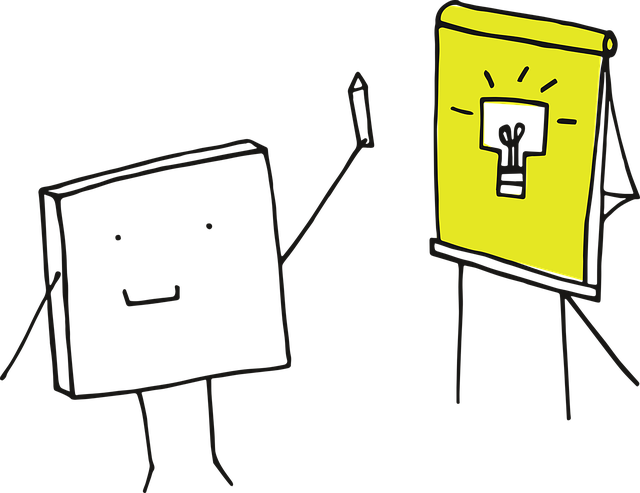In this November 2023 article for Wired, Niamh Rowe highlights the troubling trend of young teens being employed in data-labeling roles for major AI companies, often under exploitative conditions. It follows the story of a 15-year-old boy, Hassan, who turned to online gig work during the pandemic, earning low wages while performing tasks that included moderating explicit content. The piece reveals that many of these young workers, some as young as 13, are exposed to psychologically damaging material while contributing to the AI supply chain through platforms like Toloka and Clickworker. The article raises critical ethical concerns about the use of child labor in the tech industry and the lack of oversight in protecting vulnerable workers from harmful content and exploitation.
Editor’s Note: The exploitation of children in the AI data labeling industry is a disturbing symptom of a larger systemic issue that prioritizes profit over human welfare, particularly when it comes to the most vulnerable members of society. This practice not only violates ethical standards and labor laws but also perpetuates a culture of disposability that dehumanizes workers and normalizes the extraction of value from those who lack the power to resist. As we grapple with the rapid advancement of AI technologies, it is crucial to recognize that the data that fuels these systems is often generated through the toil of marginalized individuals, including children, whose stories remain hidden from public view.
This issue is particularly concerning because it has an impact not just on the quality of AI, but also on the development of teens involved in this trade. We have long asked AI developers: whose values should be used to align AIs? Is child exploitation one of the values that AIs of the future will accept? [Read UNDERSTANDING THE AI ALIGNMENT PROBLEM, NATE SOARES ON THE AI ALIGNMENT PROBLEM. On the other side of the AI conundrum is the development of a just and equitable society, read ON SOCIAL BREAKDOWN AND INITIATION: A CONVERSATION BETWEEN CHARLES EISENSTEIN AND ORLAND BISHOP].
Read Original Article
Read Online
Click the button below if you wish to read the article on the website where it was originally published.
Read Offline
Click the button below if you wish to read the article offline.
